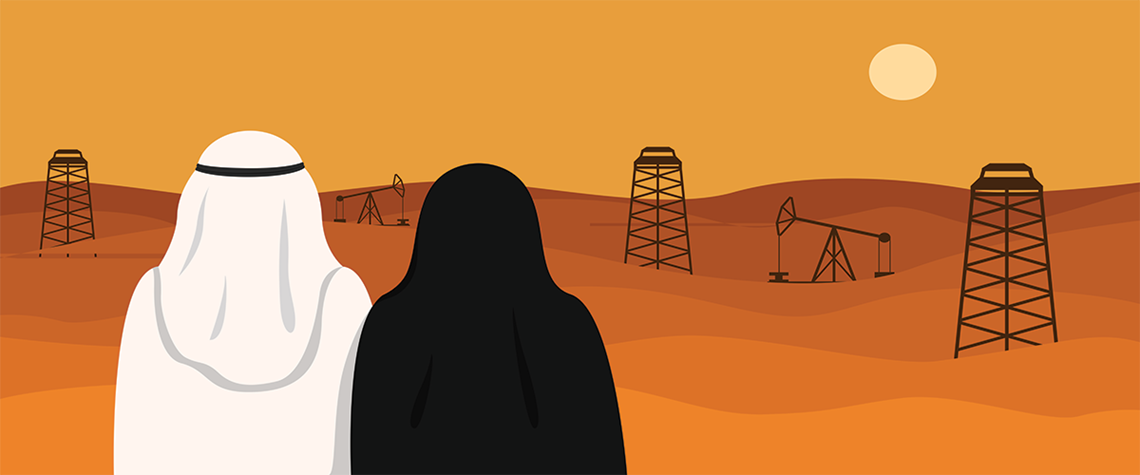When power grows out of the oil barrel
Can the Gulf’s ruling families survive the post-oil era?
The brutal military crackdowns launched as the Arab Spring spread across Tunisia, Egypt, Libya, Bahrain and Yemen in 2011 contrasts sharply with the response most Gulf countries' leaderships took to the uprisings. Instead of soldiers, civil servants were more quietly deployed, armed with generous counter-revolutionary doles in the shape of cash and energy subsidies. Sweeping subsidies and targeted financial inducements—in some cases to the tune of as much as 4pc of GDP—quickly and bloodlessly placated populaces. But, as Jim Krane argues in Energy Kingdoms, the unspoken social contract on which this relies might not last forever. Having spent years in the region as a journalist, he crafts ins

Also in this section
25 July 2025
Mozambique’s insurgency continues, but the security situation near the LNG site has significantly improved, with TotalEnergies aiming to lift its force majeure within months
25 July 2025
There is a bifurcation in the global oil market as China’s stockpiling contrasts with reduced inventories elsewhere
24 July 2025
The reaction to proposed sanctions on Russian oil buyers has been muted, suggesting trader fatigue with Trump’s frequent bold and erratic threats
24 July 2025
Trump energy policies and changing consumer trends to upend oil supply and demand








